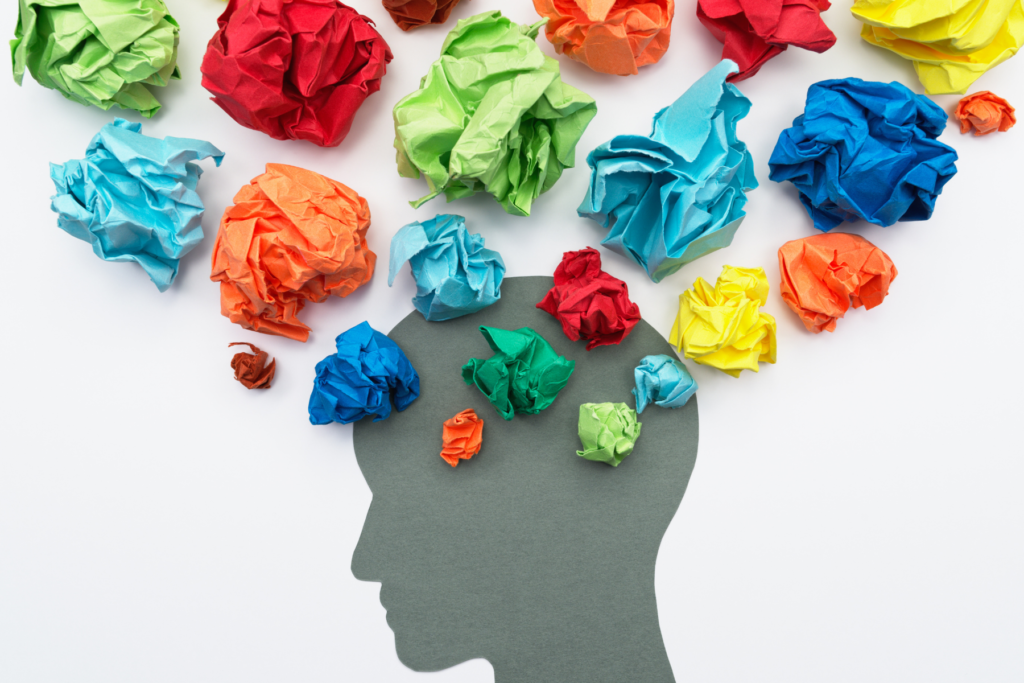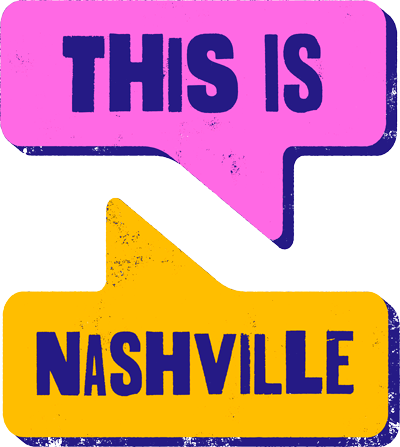
Many of us struggle with our mental health at some point during our lives, and the pandemic has made the last few years especially difficult. On top of that, it’s also not easy to navigate all the resources available in Nashville for mental health support.
On Tuesday’s episode of This is Nashville, we invited a few local experts to break down the options available, and invited a few people to describe their own experiences seeking help.
Wade Anderton, an art dealer who describes himself as a recovering alcoholic, advocates for talk therapy.
“Saying things out loud has an incredible power to free the soul,” Anderton says.
Woodrow Lucas, a writer and the CEO of Empowered Recovery Consulting, says that, no matter what, it’s important to advocate for yourself when seeking help.
“You are worth standing up for,” says Lucas, who has schizoaffective disorder.
If you are looking for help for yourself or for a loved one, find some locally available options below.
I’m in a crisis. What can I do right now to quickly talk to someone?
Tennessee has a 24-hour mental health crisis line that can be reached any day of the year. Just call 855-274-7471. If you or someone you know is in crisis, this line will connect you to a trained crisis counselor. The service is entirely free. You can also text HELLO to the crisis text line at 741-741.
Another option is the Metrocenter location of the Mental Health Cooperative at 250 Cumberland Bend (here’s a map of the facility). It’s a 24-hour, walk-in crisis center where anyone can receive treatment for free, and it’s more efficient than going to a normal emergency room for mental health care. The center’s phone number is 615-726-0125.
Starting July 16, the nationwide 988 phone number will be in service. This number is similar to 911, but it will specifically be used for mental health emergencies. The call will be redirected to the National Suicide Prevention Lifeline, where the caller will be able to talk to a trained counselor.
How do I find a therapist?
Finding a therapist is a significant step toward finding long-term care. This will take time, and you might even have to talk to multiple before you find the right fit.
There’s a portal on Psychology Today where you can find licensed therapists near you. It provides their certifications, demographic information and specialties. You can use filters to find who’s best for you.
The National Alliance on Mental Illness (NAMI) is also able to help. Robin Nobling, the executive director of NAMI Davidson County, says that anyone interested in finding a therapist can call their weekday information and referral helpline at 615-891-4724 for advice.
Nobling says that people should pay attention to how they’re being treated when they call a therapist’s office. She recommends giving a new therapist time and attending at least a few sessions before deciding to find someone new. She also suggests taking notes and being prepared to answer questions, especially difficult ones.
“That’s going to be tough,” she says. “But if you keep going, then you can get to the other side.”
I’m struggling with substance use disorder. What support is available to me?
For support in recovery, there are a few different options. NAMI is one, as well as Centerstone, which provides addiction recovery treatment and counseling services here in Nashville. Nashville Family and Children’s Service also provides counseling services and family-focused solutions.
Earlier this year, the state legislature made fentanyl test strips legal. These are rapid tests that you can use at home to detect the powerful opioid fentanyl, which has caused a surge in overdoses. You can buy them at Dancesafe.org, or from the manufacturer, BTNX, by filling out this form. The state is currently working on setting up distribution.
The Metrocenter location of the Mental Health Cooperative provides Suboxone treatment. Call 615-744-7400. It’s also available at 1419 Kensington Square Court in Murfreesboro by calling 615-687-4680.
Someone I care about is not doing well. What can I do for them?
Caring for someone who experiences mental health problems can often be difficult, but there is support available. NAMI Davidson County hosts free support groups for caregivers and free education classes to better understand how to be empathetic while advocating for yourself. They also host a free, 90-minute Family and Friends primer. You can register for the seminar here.
Suicide Prevention in the African American Faith Community Coalition (SPAAFCC) is an organization that can be helpful if you are hoping to care for those in your religious community. The group includes clergy and therapists, and it aims to equip clergy with the tools to handle a situation where a member of the church confides in them about their mental health.


